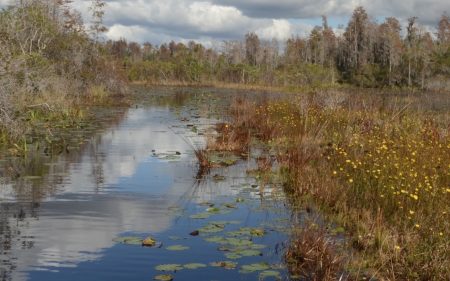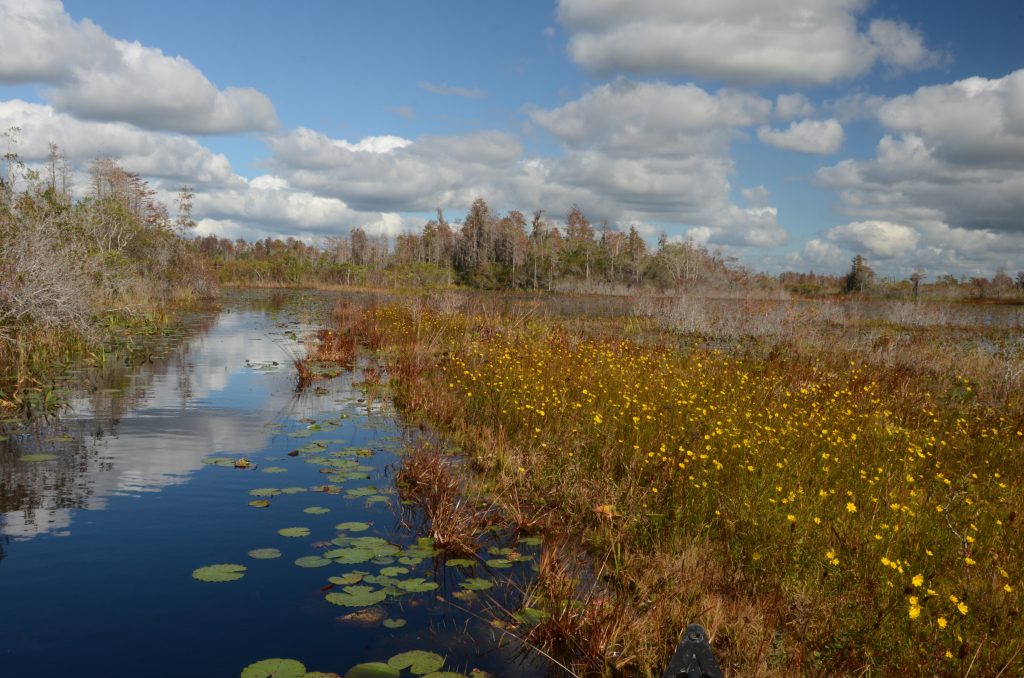Environment
Short Takes
Georgia’s new data center rule increases local controlDecember 1, 2025

By David Pendered
Feb. 28 – Georgia is citing a tool used in its victory in the Supreme Court in the water rights dispute with Florida as grounds to issue draft permits to allow a company to excavate sand from Trail Ridge, near the southeastern edge of the Okefenokee Swamp.
The citation may be the first to mention the 2021 Supreme Court opinion released in the dispute over the amount of water that flows from Georgia into Florida. The outcome informed a related conclusion of the dispute between Georgia and Alabama over water flowing in the Apalachicola-Chattahoochee-Flint water basin, which connects the North Georgia Mountains with Florida’s Gulf of Mexico.
Click here to read how you can submit a public comment and participate March 5 in a virtual town hall meeting to receive comments on the documents and provide an update on the process. The meeting is to be hosted by the Georgia Environmental Protection Division.

The Supreme Court’s ruling in the water war case has been expected to become a precedent in litigation over water laws that govern the United States east of Texas. Water resources are governed by different sets of laws east and west of Texas, except Mississippi. Click here to read the unanimous opinion written by Justice Amy Coney Barrett.
Georgia cites the reference to the Supreme Court case deep in a document that’s part of the five-year record related to a request by an Alabama-based company to extract mineral sands from a proposed area along the southeastern border of the swamp. Twin Pines Minerals, LLC seeks to excavate sand to remove titanium, a substance that is used in industry and defense manufacturing. The company contends the work will not harm the swamp or Floridan Aquifer. Opponents contend the work will harm the swamp and its environs.
The following is the section of the document in which Georgia cites the response to public comments provided to the Draft Mining Land Use Plan submitted by Twin Pines Minerals, LLC. The section begins on page 9 of the state’s response. The reference to the Supreme Court is highlighted below:
Public Comment 6-13:
EPD response:
Georgia’s decision to issue the draft permits to the Twin Pines Minerals, LLC highlight another possible wrinkle in the nation’s debate over the protection of natural resources. The citation of the water war ruling reminds of the Supreme Court’s recent rulings that have rolled back federal laws intended to protect the environment.
In 2023, the Supreme Court reduced the government’s ability to protect wetlands and waterways, in the case titled Sackett v. Environment Protection Agency et al. In 2022, the court determined the EPA does not have “clear congressional authorization” to regulate certain emissions from power plants, as stated in the ruling in West Virginia et al v. Environmental Protection Agency et al.
0